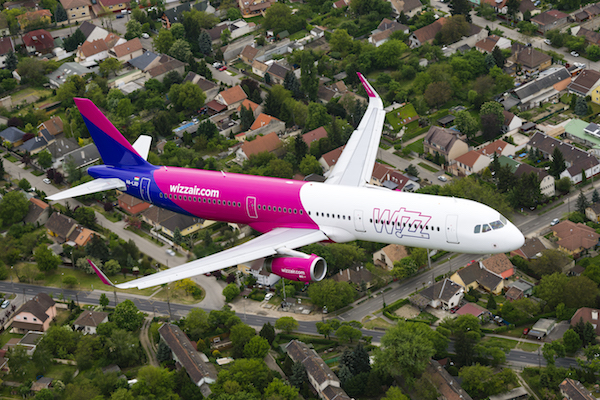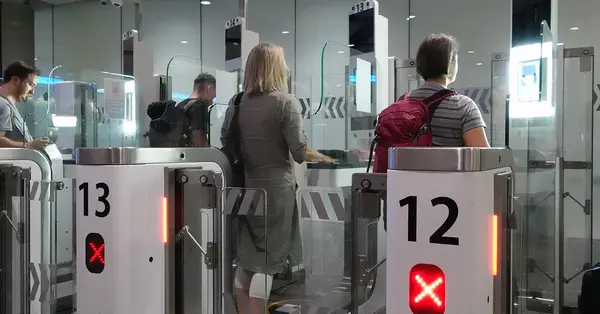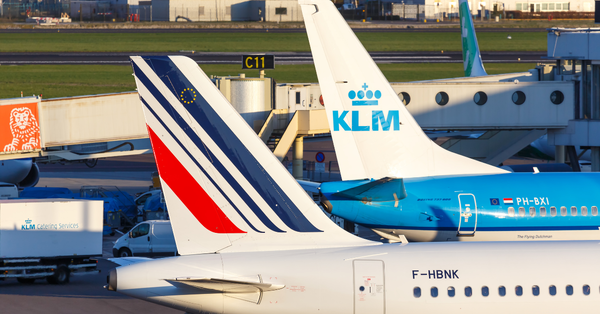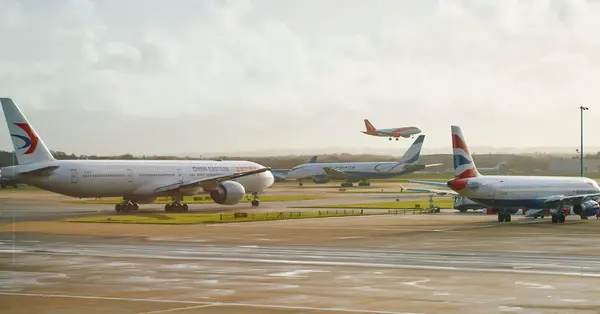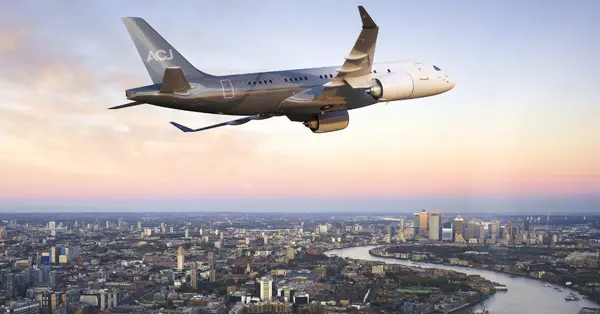You are viewing 1 of your 2 free articles
Wizz Air confirms 500-strong fleet growth plans
Wizz Air has confirmed ambitions to grow to a 500-strong fleet by placing an order for 102 new fuel-efficient Airbus aircraft.
The deal, which could grow to 196 A321s, gives the budget carrier a backlog of 429 aircraft due for delivery.
The agreement made at the Dubai Air Show incudes 27 A321XLR long-range twin jets, with deliveries between 2025 and 2027.
The value of the latest order by the Hungarian airline was not disclosed.
However, chief executive Jozsef Varadi said: “Despite strong demand for the aircraft, we have signed very attractive terms with Airbus for the long-term supply of more aircraft until the end of the decade, catapulting Wizz Air towards our aim of being a 500 aircraft group and putting us in an unassailable position when it comes to sustainability.
“This new order, if approved by Wizz Air’s shareholders, would bring Wizz Air’s outstanding orders with Airbus to 429 Airbus A320neo family aircraft.”
He described the A321neo as providing “market-leading technology and choice” after two years in service with the airline.
“With its next-generation engines, it has proven to be the game-changer that we said it would be when we placed our first order back in 2015,” Varadia said.
“But most importantly, these are by far the most fuel and cost efficient aircraft in their class – supporting us in maintaining our position as the most sustainable airline in Europe and reaching our sustainability goals of reducing CO2 emissions per passenger kilometre by 25% by 2030.
“It is important to note that if all European airlines switched to a modern Airbus A320/1 fleet and operated them as efficiently as Wizz Air, the whole industry’s CO2 emissions would reduce by 34% overnight.”
He added: “Wizz Air is an ambitious airline with a strategy that seeks to grow the company and will continue to stimulate demand for air travel in Europe and beyond by offering the lowest fares and CO2 footprint to our customers, while still delivering a great customer experience on board one of the youngest fleets in Europe.
“Our current average aircraft age stands at 5.1 years, well below the industry average – around 10 years – but with this new order we will see this drop to 3.6 years by 2024, and even further to 3.2 years by 2026.”

